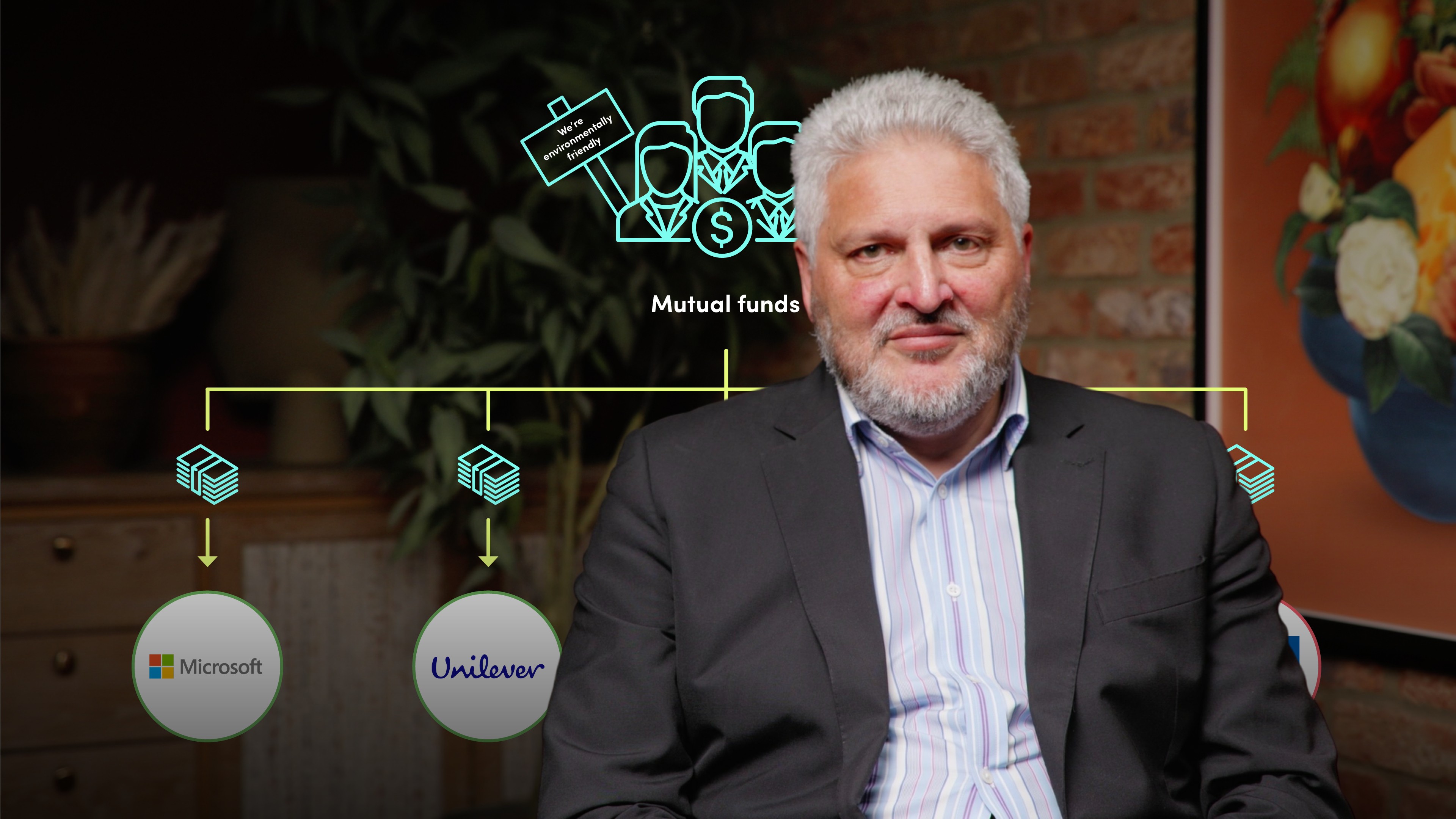
Principal Adverse Impact (PAI) Indicators

Keith Mullin
35 years: Capital markets editorial
In this video, Keith explores the Principal Adverse Impact indicators (PAIs) under the SFDR. PAIs are crucial in assessing and disclosing the negative sustainability impacts of fund investments. He discusses their purpose and highlights key PAIs related to climate, environment, social, and employee considerations. Join us to understand how PAIs promote transparency and informed decision-making in sustainable finance.
In this video, Keith explores the Principal Adverse Impact indicators (PAIs) under the SFDR. PAIs are crucial in assessing and disclosing the negative sustainability impacts of fund investments. He discusses their purpose and highlights key PAIs related to climate, environment, social, and employee considerations. Join us to understand how PAIs promote transparency and informed decision-making in sustainable finance.

Principal Adverse Impact (PAI) Indicators
11 mins 9 secs
Key learning objectives:
Understand the purpose of the PAIs
Outline some of the main PAIs
Overview:
The SFDR is a regulation mandating the disclosure of sustainability risks and negative impacts in fund investments. It aims to improve transparency and inform investment decisions. The regulation includes 64 Principal Adverse Impact indicators (PAIs), both mandatory and voluntary, covering climate, environment, social, and employee aspects. Examples of PAIs include greenhouse gas emissions, biodiversity, gender pay gap, and exposure to controversial weapons.
What is the purpose of PAIs?
The purpose of the Principal Adverse Impact indicators (PAIs) is to assess and disclose the negative impacts on sustainability resulting from a fund's investment processes. PAIs provide a standardised framework for evaluating various aspects, including climate, environment, social, and employee considerations. These indicators help investors and end-users understand the potential adverse effects of their investments beyond surface-level sustainability claims. By requiring the disclosure of PAIs, the Sustainable Finance Disclosure Regulation (SFDR) aims to increase transparency, enable informed decision-making, and ensure that investment strategies align with sustainability goals. PAIs play a crucial role in identifying and addressing the hidden externalities associated with supposedly sustainable investment products.
What are the main PAIs?
The PAIs are a vital component of the SFDR, designed to assess and disclose the negative impacts on sustainability within fund investments. The SFDR outlines a comprehensive set of 64 PAIs, consisting of both mandatory and voluntary indicators.
The mandatory PAIs cover various aspects of climate, environment, social, and employee considerations. For climate and environment, indicators include greenhouse gas emissions, biodiversity, water, and waste. These indicators allow for a thorough evaluation of a fund's environmental footprint, including its contributions to climate change, impact on ecosystems, and resource consumption.
In terms of social and employee aspects, the mandatory indicators encompass factors such as gender pay gap, board gender diversity, and exposure to controversial weapons. These indicators shed light on social inequalities, diversity within company leadership, and ethical considerations related to investment activities.
Additionally, the SFDR allows for voluntary PAIs, expanding the scope of assessment. These voluntary indicators cover areas such as emissions, energy performance, water, waste, material emissions, biodiversity, and social factors like workplace safety and human rights policies. By including voluntary indicators, the SFDR encourages fund managers to go beyond the minimum requirements and provide additional transparency on sustainability-related aspects.

Keith Mullin
There are no available Videos from "Keith Mullin"

